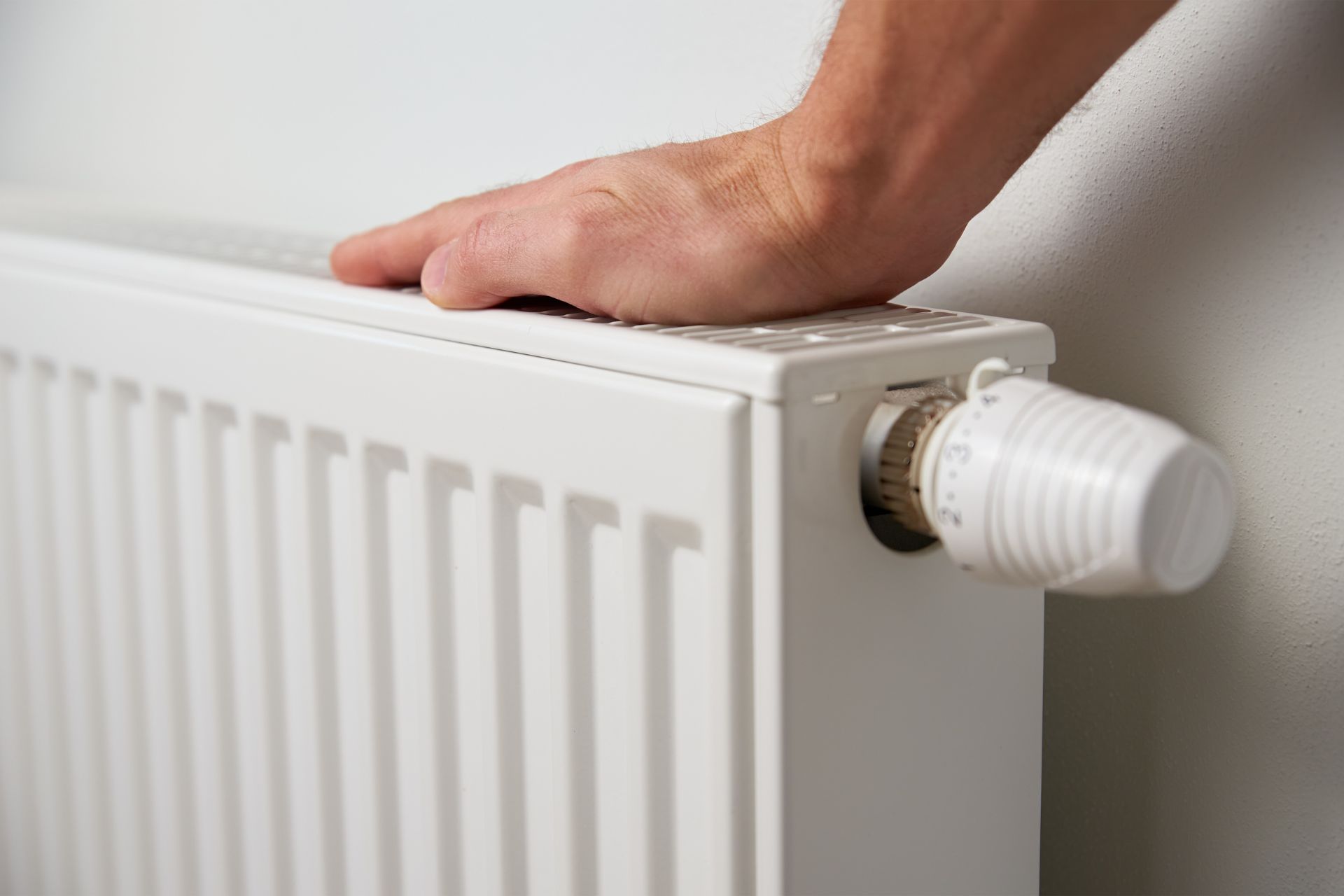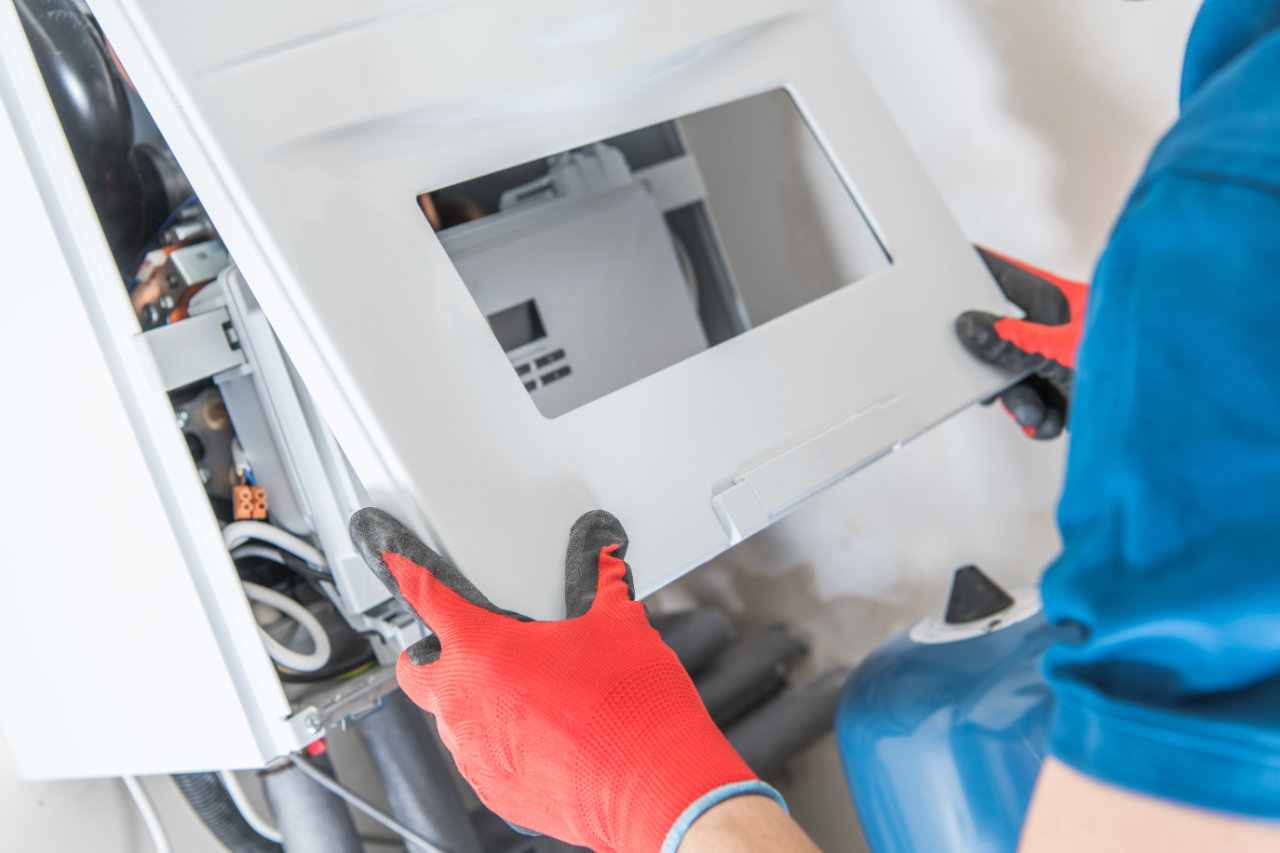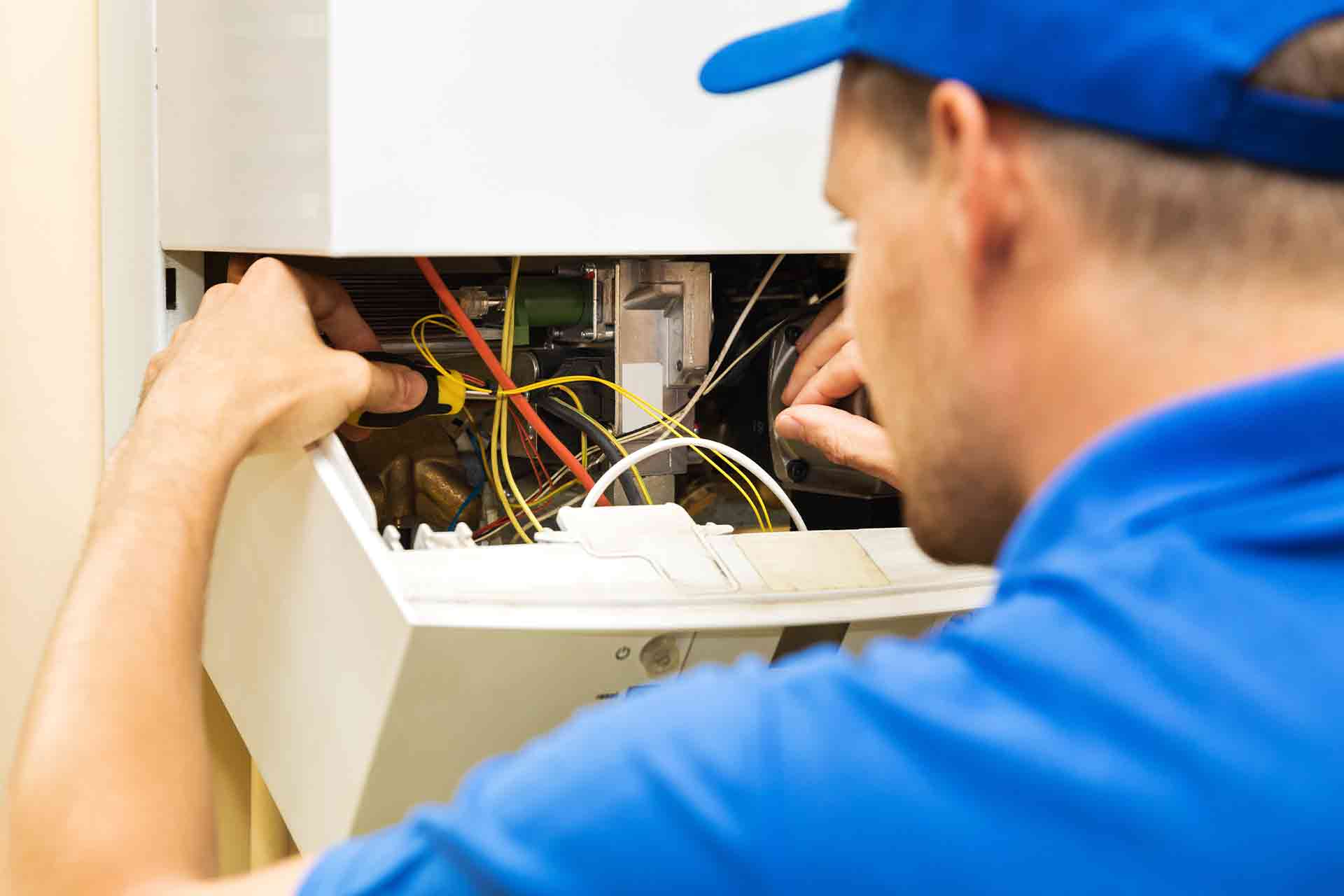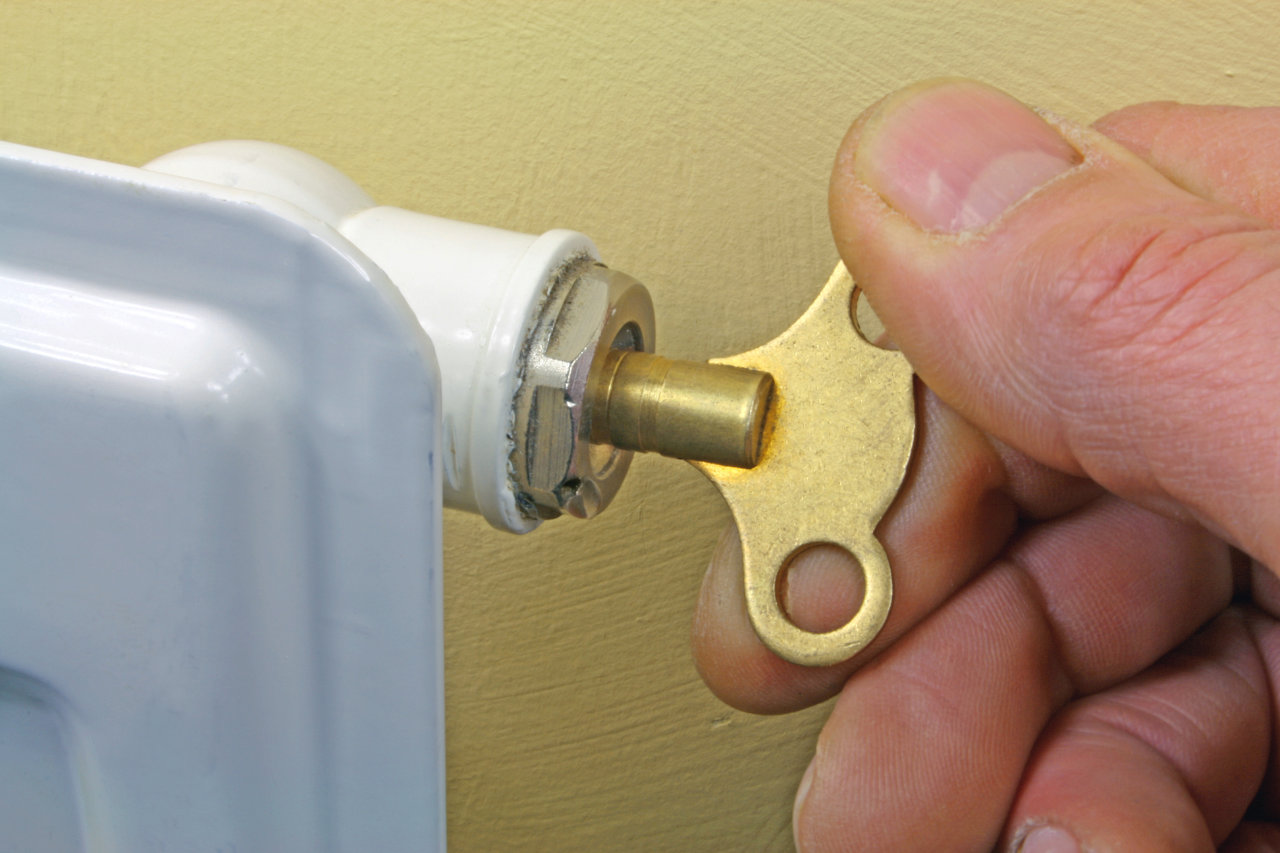A Guide to Beating the January Blues

January often arrives with a sense of gloom. The festive season is over, the days are short and dark, and the excitement of a new year can be overshadowed by cold weather and fatigue on return to work. If you’re suffering from the January blues, you’re certainly not alone. However, there are ways to lift your spirits, and one of the most effective approaches is by focusing on the set-up of your home. A warm, functional, and comfortable living space has a bigger impact on your mood than you might think. At GJS Plumbing and Heating, we’re here to help you maintain the comfort of your home and cast out those January blues.
Plumbing Problems
Nothing adds stress to an already difficult month like plumbing issues. A dripping tap, a clogged drain, or a burst pipe can wreak havoc on your home. Our Gas Safe registered plumbers and heating engineers are equipped to identify and fix those problems, helping to prevent further damage and costly repairs. Attempting to resolve plumbing issues yourself can sometimes lead to more extensive damage or injury.
By calling GJS Plumbing and Heating, you can feel content in knowing the job is done right, saving you stress and money in the long run. We even offer emergency plumbing services with transparent pricing, so you’ll know what to expect before we arrive.
Bathroom Transformations
One way to bring a touch of luxury and comfort to your home is by upgrading your bathroom. A bathroom renovation changes the aesthetic of your home in a way that best suits you, creating a safe and relaxing private area.
Our expert fitters can design and install everything from walk-in showers and wet rooms to complete bathroom suites. We handle every step of the renovation process, including plumbing, tiling, plastering, and carpentry. With multiple options such as heated towel rails and ambient lighting, we can help you create the perfect space to escape the winter chill.
Whether it’s a small upgrade or a complete renovation, a perfect bathroom can be a game-changer for your home and your mood, providing a much-needed retreat during the cold, dark days of January.
Saving Energy
Winter is a time when your heating system works hardest, and it’s important to make sure it’s running efficiently. We offer professional boiler servicing and maintenance to keep your home warm and your energy bills down. Regular servicing not only extends the lifespan of your boiler, but also guarantees it operates safely and quickly.
If your boiler hasn’t been serviced recently, January is the perfect time to schedule a check-up. Our Gas Safe registered engineers provide thorough inspections and maintenance tailored to your boiler, whether it’s a combi, system, or traditional model. We can also recommend upgrades or adjustments, saving you money and reducing your carbon footprint.
Power Flushing
If your radiators are taking too long to warm up, or your central heating system isn’t working as it should, it might be time for a power flush. This deep-cleaning process removes dirt, debris, and sludge from your system, improving its efficiency and reliability. Power flushing can save you money, increase the lifespan of your system by preventing blockages and corrosion, and ensure that your radiators warm up quickly and evenly.
Our team uses specialist equipment to perform power flushes, restoring your heating system to optimal condition. It’s a worthwhile investment that not only protects your home, but also contributes to a more comfortable and cosy living environment.
Caring for your home can be a powerful antidote to the January blues. Start by addressing plumbing issues, upgrading your bathroom, or improving your heating system, so that you can create a space that’s warm, inviting, and stress-free just in time for the New Year.
At GJS Plumbing and Heating, we pride ourselves on delivering high-quality, reliable services to our customers across Grays, Thurrock, and Essex. With years of experience and a reputation for excellent customer service, we’re dedicated to making your home a better place. Whether you need emergency plumbing, a bathroom renovation, or a boiler service, we’re here to help 24/7, 365 days a year.



